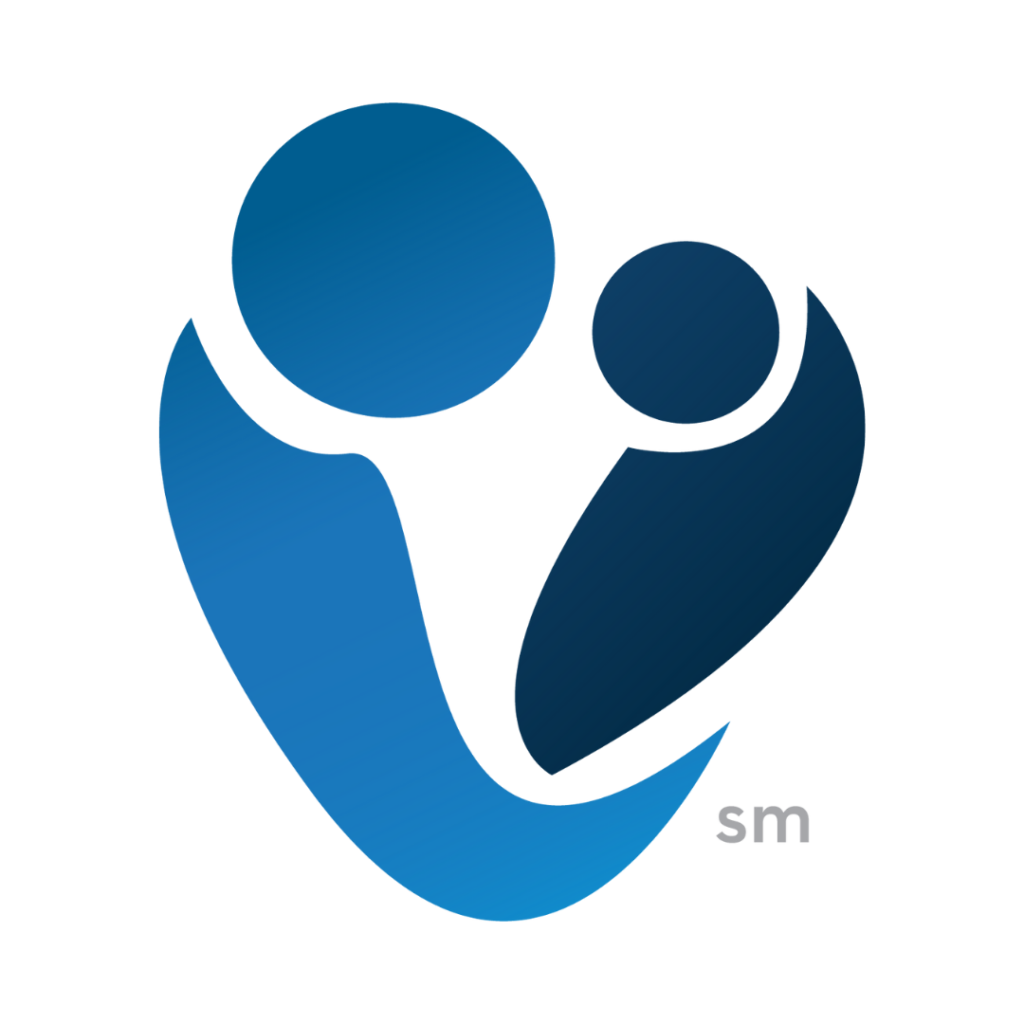At Family Insight, we understand the unique challenges faced by children with Autism and other diagnoses. Our Applied Behavior Analysis (ABA) services are designed to promote positive change and foster the development of essential life skills through scientifically proven methods. Currently, Family Insight has NO WAITLIST!
Services
- In home
- In clinic
Email Us to Get Started>
Our ABA Therapy Approach
Effective Techniques: We use positive reinforcement and other evidence-based strategies to modify maladaptive behaviors and encourage useful behaviors that contribute to a healthy lifestyle. Our focus includes enhancing social skills, communication, and adaptive functioning such as toileting, dressing, eating, and vocational skills.
Family Involvement: Recognizing the importance of a supportive home environment, we train parents, caregivers, and paraprofessionals in the basic principles of ABA. This ensures consistent treatment and helps generalize skills outside of direct therapy sessions.
Professional Oversight: All services are provided under the direct supervision of Board Certified Behavior Analysts (BCBA/BCaBA), ensuring high-quality care and tailored interventions.
Diagnostic Services- COMING SOON
Comprehensive Evaluations: Our team offers in-depth assessments to identify Autism Spectrum Disorder (ASD) and other developmental conditions. Whether it’s your first consultation or a second opinion, our evaluations are thorough, compassionate, and tailored to meet your family’s needs.
ADOS-2 (Autism Diagnostic Observation Schedule, Second Edition) is a standardized assessment tool used in conjunction with ABA (Applied Behavior Analysis) to diagnose and understand Autism Spectrum Disorder (ASD). It’s a face-to-face assessment where trained professionals observe how an individual interacts, communicates, and plays, providing valuable insights for creating personalized ABA therapy plans.
What We Offer:
- In-Person Evaluations at our clinic utilizing the ADOS-2 assessment tool.
Learn more about ADOS-2 Here.
Why Choose Family Insight?
- Expertise: Our board-certified analysts bring extensive experience across various settings, ensuring precise and comprehensive diagnoses.
- Comprehensive Care: From our ABA Early Steps Program to Social Skills groups, we provide a continuum of care that supports every aspect of your child’s development.
- Insurance Guidance: We assist families in maximizing insurance reimbursements and are an in-network provider for our ABA services.
Programs Offered
Early Steps Program- In Clinic Program
Age Group: 1-6 Years Schedule: Monday – Friday Location: Available in all Family Insight clinics in Virginia
Program Features:
- Full-day or half-day personalized therapeutic sessions
- Focus on behavior therapy, communication skills, social skills, sensory integration, and motor activities
- Caregiver coaching to ensure skills are reinforced at home
ABA Academy- Available In Clinic or In Home
Age Group: Grades K-6 Schedule: Monday – Saturday
Focus:
- Reducing maladaptive behaviors
- Supporting academic success and functional independence
Enhancing comprehension, task attention, and smooth transitions between activities - Building self-advocacy and social-emotional skills
Social Skills Enhancement
Frequency: Once a week for 60 minutes
Group Size: Maximum of 10 children
Features: Structured groups led by experienced BCBAs and RBTs focus on developing conversational skills, friendship skills, and problem-solving in a supportive setting.
Caregiver Coaching
Frequency: As needed
Group Size: One-on-One with a BCBA
Benefits: Empowers families to effectively reinforce and build upon therapeutic gains, promoting broader application of learned skills.
Connect With Us
Learn more about our programs and how we can assist your family. Contact the clinic nearest you or explore our website for further information. Together, we can navigate the path to greater independence and well-being for your child.







